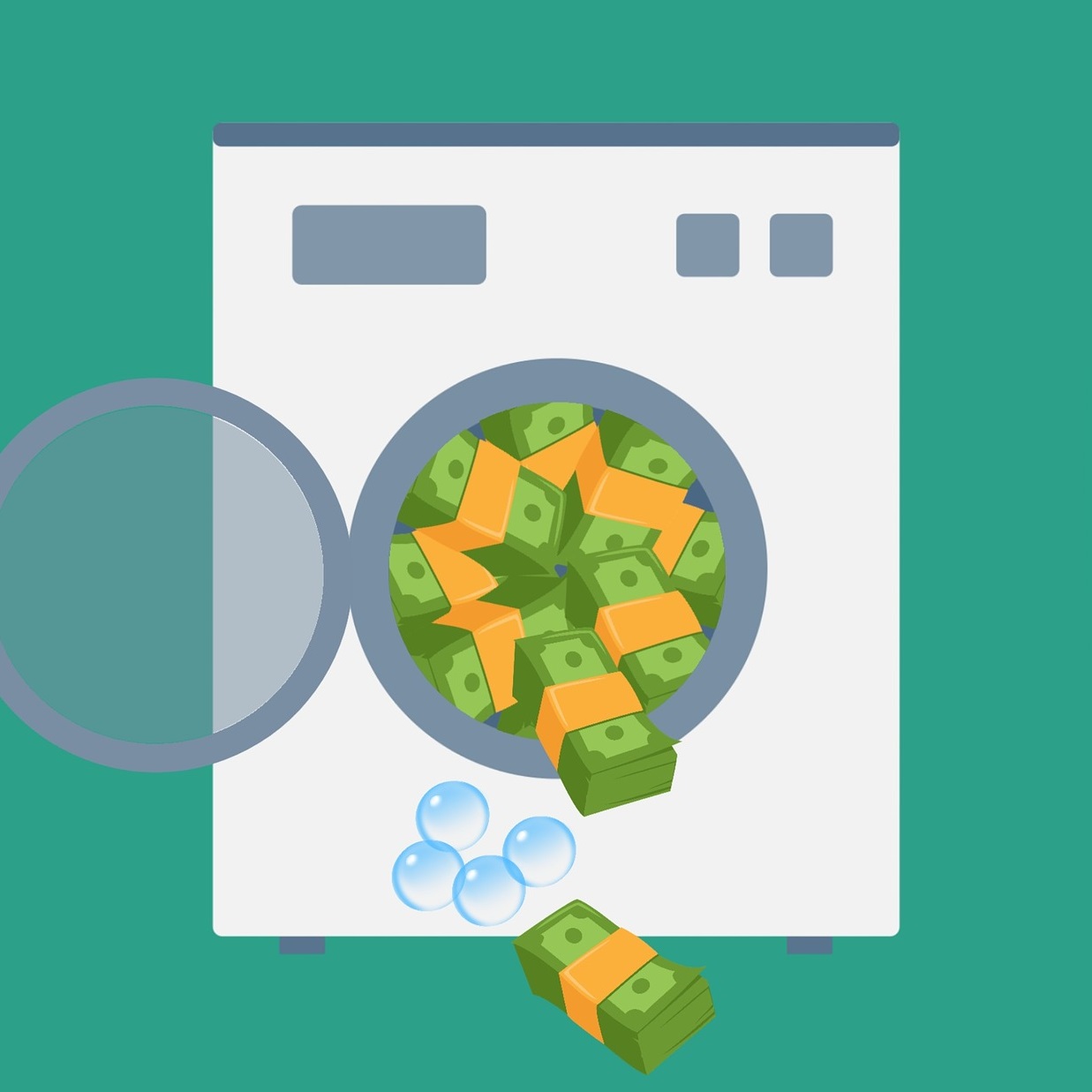D3sign | Moment | Getty Images
It’s tax season, and households are confronted by a lot of tax jargon when preparing their returns.
Two types of tax breaks stand out among all the lingo: credits and deductions.
Each lowers your tax liability, which is the total annual tax owed on your income. (That figure can be found on line 24 of Form 1040, the IRS form for individual income tax returns.)
However, credits and deductions reduce tax liability in different ways. Here’s how.
Tax credits offer a dollar-for-dollar reduction in liability
A tax credit offers a dollar-for-dollar reduction of your taxes. It has the same dollar value for any taxpayer who can claim it.
For example, let’s say you get a $1,000 tax credit and have a $5,000 tax liability. That credit would cut your liability to $4,000.
Tax credits are generally more valuable to taxpayers than deductions (more on that below), and tend to be more targeted to low- and middle-income households, said Ted Jenkin, a certified financial planner and co-founder of oXYGen Financial, based in Atlanta.
Low-income filers may not get a credit’s ‘full benefit’
Not all credits are created equal. So-called nonrefundable credits — like the child and dependent care credit — can’t reduce a filer’s tax liability below zero. That means an individual wouldn’t get any excess value back as a cash refund; the leftover portion is forfeit.
Most credits are nonrefundable, according to the Urban-Brookings Tax Policy Center. Others are partially or fully refundable, meaning that some or all of the credit can be applied as a tax refund.
Low-income filers “often cannot receive the full benefit of the [nonrefundable] credits for which they qualify,” the Tax Policy Center said. That’s due to the progressive nature of the U.S. federal tax system, whereby lower earners generally have a lesser tax liability than higher earners.
By comparison, the child tax credit is an example of a partially refundable credit. The credit is worth up to $2,000 per child under age 17. However, parents with no tax liability can only get part of its value (up to $1,500 for 2022) back as a refund.
Others like the earned income tax credit are fully refundable — allowing eligible taxpayers to get the full value regardless of tax liability
Tax deductions reduce your taxable income
Tax deductions reduce the amount of income subject to tax (i.e., taxable income). It’s therefore a more indirect way of cutting your taxes relative to tax credits, which directly lower your actual tax liability.
For example, retirement savers can get a tax deduction for contributing to a pretax account in a 401(k) plan. Let’s say someone in the 22% tax bracket contributes $1,000 to a 401(k). The deduction would essentially exempt that $1,000 from being taxed for the year it was contributed — in other words, lowering their taxable income by $1,000.
That saves the person $220 in federal taxes (i.e., 22% of $1,000). On the other hand, a $1,000 tax credit would shave $1,000 off their actual tax bill total.
Because of their interplay with taxable income, deductions are more valuable to higher earners relative to low and middle earners.
“Tax deductions are a lot more valuable [for people] in the 37% tax bracket than someone in the 10% tax bracket, because you save 37 cents on the dollar versus 10 cents on the dollar,” said Jenkin, a member of CNBC’s Financial Advisor Council.
Tax deductions are a lot more valuable [for people] in the 37% tax bracket than someone in the 10% tax bracket.
Ted Jenkin
certified financial planner and co-founder of oXYGen Financial
Deductions can help you qualify for other tax breaks
There are different kinds of tax deductions. For example, taxpayers can either claim the standard deduction or elect to itemize their deductions.
Taxpayers generally opt to itemize their deductions — like those for charitable donations, mortgage interest, state and local taxes, and certain medical and dental expenses — if their total value exceeds the standard deduction amount.
The standard deduction was $12,950 for single filers and $25,900 for married couples filing jointly in 2022.
Itemized deductions are known as “below the line” deductions. Taxpayers can only claim them if they opt to itemize deductions on their tax return.
However, there are also “above the line” deductions. Eligible taxpayers can claim these regardless of whether they itemize or take the standard deduction. Examples include deductions for interest paid on student loans and contributions to traditional individual retirement accounts.
One big benefit of such above-the-line deductions: They reduce your “adjusted gross income.”
Adjusted gross income — also known as AGI — somewhat differs from taxable income. (AGI is found on line 11 of Form 1040, while taxable income is line 15.)
Importantly, adjusted gross income interacts with other areas of your tax return — meaning that, by reducing AGI, above-the-line deductions can help save money elsewhere.
“Every dollar that reduces your AGI reduces your taxable income, but it may also help you qualify for other deductions,” according to TaxAct. “Various credits are limited by your AGI as well. In some cases, an adjustment may help you qualify for a tax credit or other tax benefits that you would not receive otherwise.”
A lower AGI may also help seniors reduce Medicare Part B and Part D premiums, for example, which are based on “modified adjusted gross income.” (MAGI is adjusted gross income plus tax-exempt interest.)








